Learning theories serve as fundamental frameworks for understanding how individuals acquire knowledge.
The five primary theories—Behaviorism, Cognitivism, Constructivism, Humanism, and Connectivism—each offer distinct perspectives on the learning process and the role of the learner.
These theories influence educational practices and can reshape how we approach teaching and learning.
Understanding these theories is crucial for developing effective strategies that enhance knowledge acquisition and understanding.
As you examine these theories, you may discover new insights that could alter your perception of learning.
Behaviorism
Behaviorism is a psychological framework that prioritizes observable actions instead of internal thoughts and feelings. This approach highlights the impact of external factors on behavior. Understanding concepts like operant conditioning reveals how rewards and punishments influence actions. For example, receiving praise for completing a task can motivate a person to repeat that behavior, fostering a positive learning atmosphere.
Behavior modification techniques, rooted in behaviorism, enable individuals to alter undesirable behaviors through systematic methods. Classical conditioning is also relevant; it involves linking a neutral stimulus to a favorable response, which can gradually change reactions. For instance, the sound of a bell may evoke excitement about lunchtime due to previous associations.
In a nurturing educational setting, individuals can flourish by recognizing the cause-and-effect relationships that dictate their actions. Acknowledging these patterns illustrates that behaviors aren’t arbitrary; they’re influenced by external interactions.
Engaging with behaviorism principles fosters personal development and enhances connections with others pursuing similar objectives. Embracing this approach can significantly contribute to personal progress and a sense of community belonging.
Cognitivism
Cognitivism is a learning theory that prioritizes the mental processes involved in acquiring knowledge, differentiating it from behaviorism, which focuses primarily on observable actions. This approach underscores the significance of how you process and interpret information, which is vital for your cognitive growth. Engaging actively with new concepts enhances your ability to retain information and forge connections that facilitate effective understanding.
This theory advocates for the use of metacognitive strategies, which encourage individuals to reflect on their own learning methods. Such self-awareness is crucial as it enables you to assess your comprehension and modify your strategies when confronted with challenging tasks. Recognizing your effective learning techniques can lead to a more productive educational experience and improved results.
Problem-solving is another cornerstone of cognitivism. Tackling challenges allows you to employ a variety of strategies and engage in critical thinking. This not only enhances your comprehension but also builds a sense of community among learners.
Sharing insights and collaborating fosters an environment rich in knowledge, benefiting everyone involved. Adopting these cognitive strategies can significantly alter your learning journey and your interactions with the world.
Constructivism
Constructivism is a learning theory that emphasizes the active role of learners in constructing their own understanding and knowledge. This approach prioritizes individual experiences as foundational elements in the learning process. Engaging in active learning means that your personal experiences shape how you comprehend new concepts.
Collaboration with peers is crucial, as it allows for the sharing of diverse perspectives, enriching the learning experience. At the core of constructivism is personalized learning, which acknowledges that each learner has a unique way of acquiring knowledge. Educators use scaffolding techniques to provide tailored support, helping learners navigate complex ideas and enhance critical thinking skills.
Experiential education further enhances this process by applying knowledge in real-world situations, making learning more relevant and impactful. Problem-based learning encourages tackling challenges in group settings, fostering collaboration. This teamwork builds a sense of community as learners exchange ideas and solutions.
Embracing constructivism transforms you into an active participant in your educational journey, allowing you to shape your learning path and deepen your understanding. Ultimately, this theory empowers you to take charge of your education, making knowledge distinctly your own.
Humanism
Humanism in education emphasizes the importance of individual growth and self-actualization, recognizing that learners actively engage in shaping their educational experiences. This approach values self-directed learning, empowering individuals to pursue their interests and set personal goals. It also promotes experiential learning, where real-world experiences enhance comprehension and emotional intelligence.
In humanistic education, learner autonomy is crucial. When individuals take control of their learning, they foster personal development and enhance their sense of belonging within a community of learners. This method not only nurtures academic success but also contributes to a well-rounded personal identity.
Here’s a clear overview of the key concepts of humanism:
| Key Concepts | Description |
|---|---|
| Self-Directed Learning | Learners select their own educational paths. |
| Holistic Education | Emphasizes the growth of the whole person, not just academic performance. |
| Experiential Learning | Knowledge is gained through hands-on experiences and thoughtful reflection. |
| Emotional Intelligence | Ability to recognize and manage one’s own emotions and those of others. |
| Learner Autonomy | Individuals take initiative in guiding their educational journeys. |
Understanding humanism in education is vital for fostering environments that prioritize personal development and emotional well-being, ultimately leading to more engaged and motivated learners.
Connectivism
Connectivism is a modern learning theory that highlights the significance of networks and connections in the process of acquiring knowledge. In our digital era, it encourages learners to tap into a wide range of online resources, communities, and individuals rather than relying solely on traditional educational methods. This approach acknowledges that knowledge is shared across a network rather than confined to individual minds, making digital literacy crucial.
To thrive in this landscape, learners must adeptly navigate these networks, filtering information and engaging with others who share similar interests. This method fosters collaboration and enhances the ability to learn in a rapidly changing environment.
In networked learning, every contribution counts, enriching the collective intelligence of the community while allowing individuals to benefit from diverse viewpoints. As you engage with others, you become part of a vibrant learning ecosystem that values collaboration, adaptability, and continuous growth.
This interconnectedness fosters a sense of belonging, reinforcing that learning is a communal endeavor. Embracing connectivism not only enhances personal skills but also strengthens the overall learning community.
Conclusion
Learning theories provide essential frameworks for understanding the different ways people acquire knowledge and skills. Each of the five primary theories—Behaviorism, Cognitivism, Constructivism, Humanism, and Connectivism—offers distinct perspectives on the learning process. Behaviorism focuses on how individuals respond to external stimuli, emphasizing observable behaviors. Cognitivism highlights the importance of mental processes and encourages critical thinking. Constructivism promotes collaboration and the idea that learners build their own understanding through experiences. Humanism centers on personal growth and the development of the individual. Finally, Connectivism acknowledges the role of technology and social networks in knowledge acquisition. Engaging with these theories not only broadens your comprehension of learning but also enhances your adaptability and effectiveness in various educational settings.


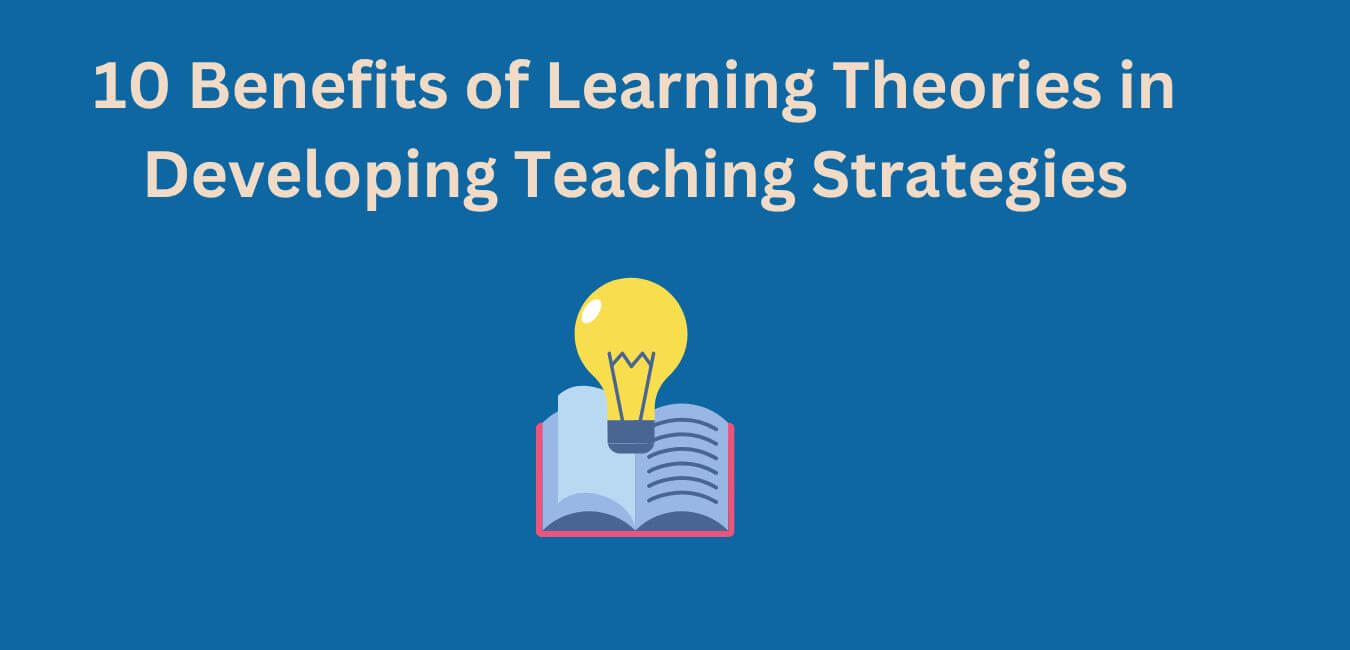
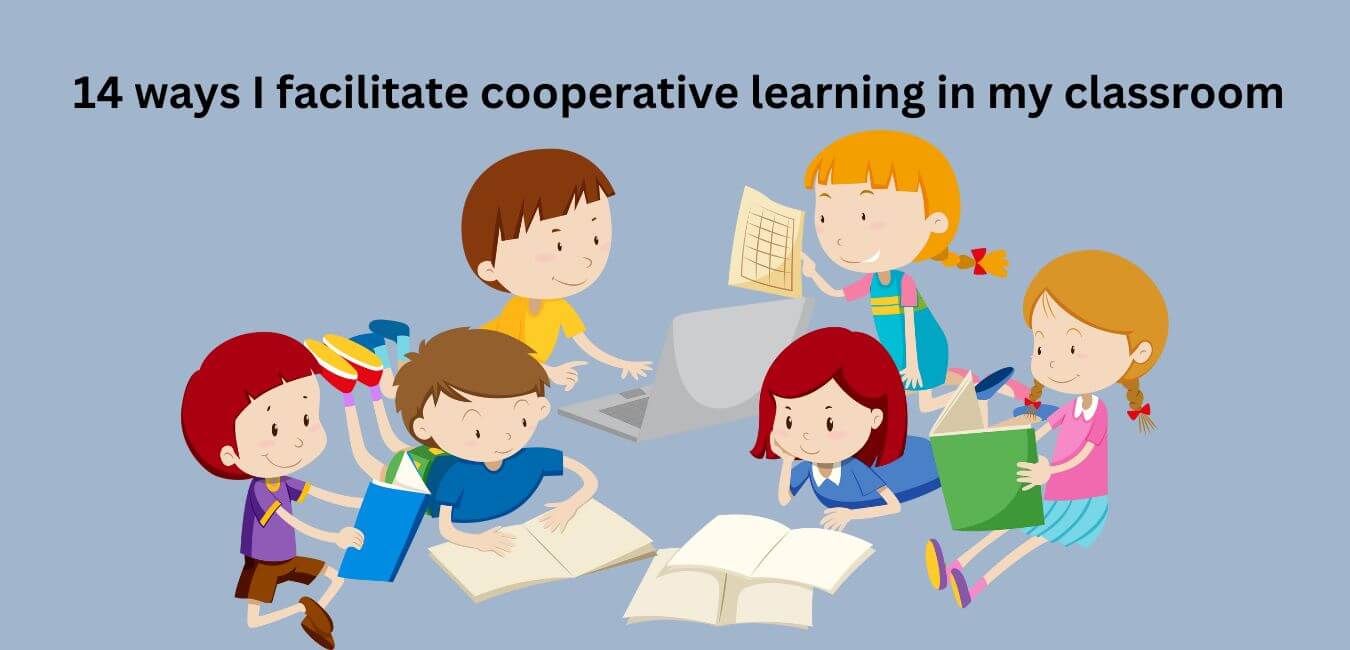
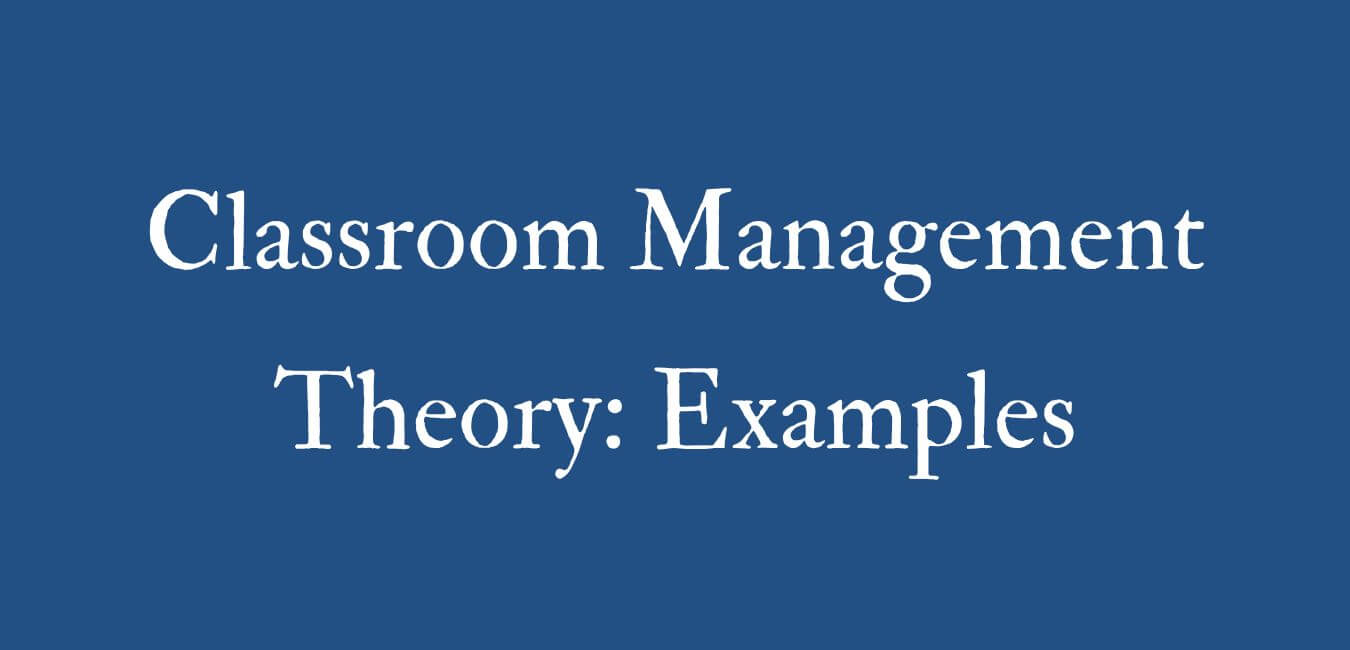
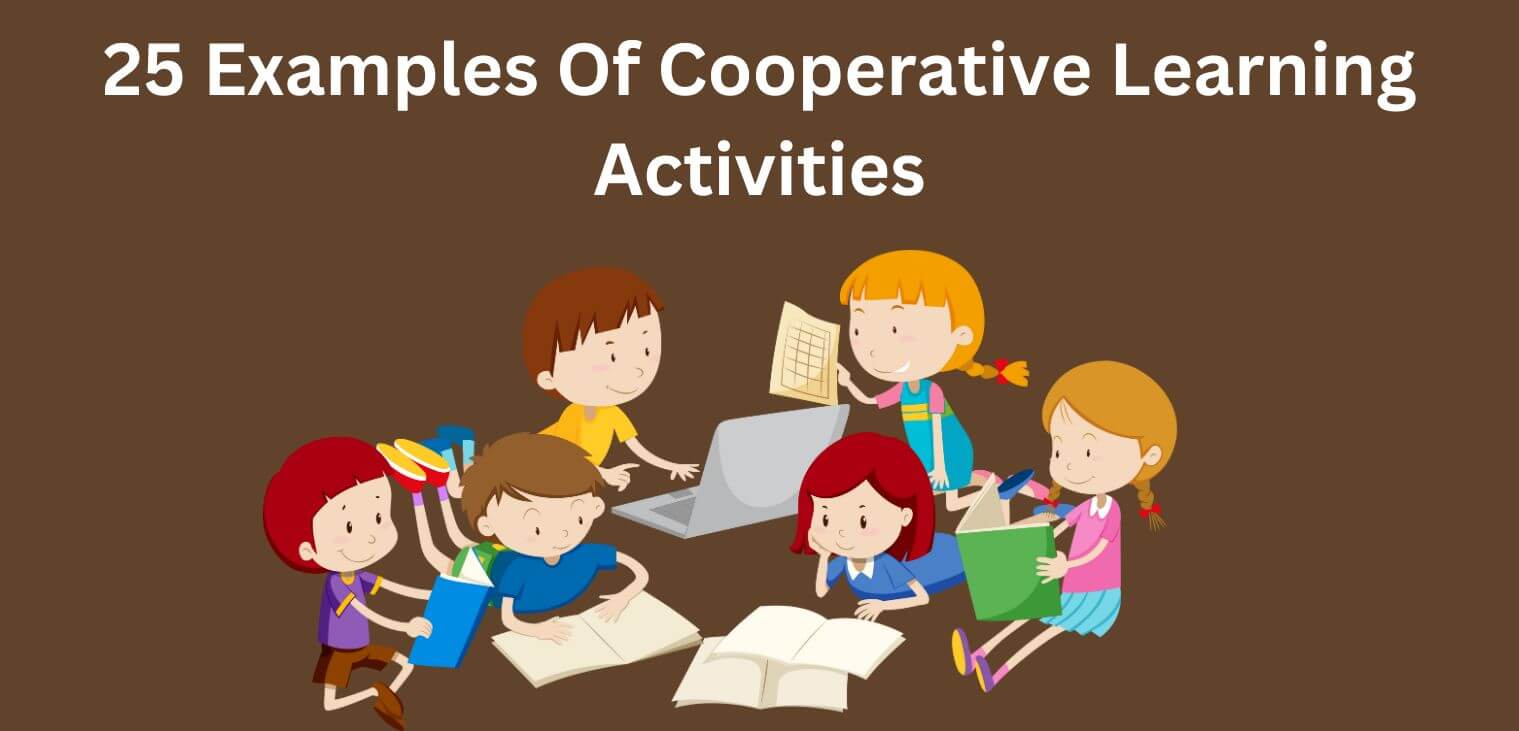
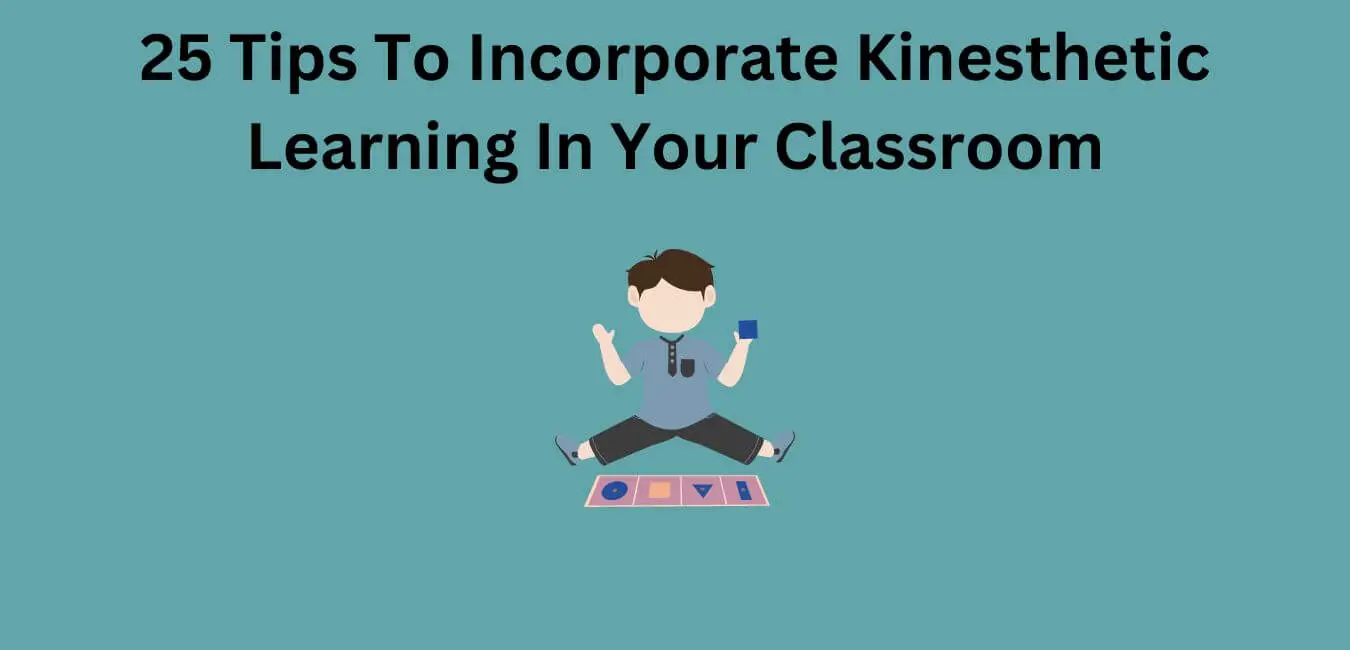



Leave a Reply